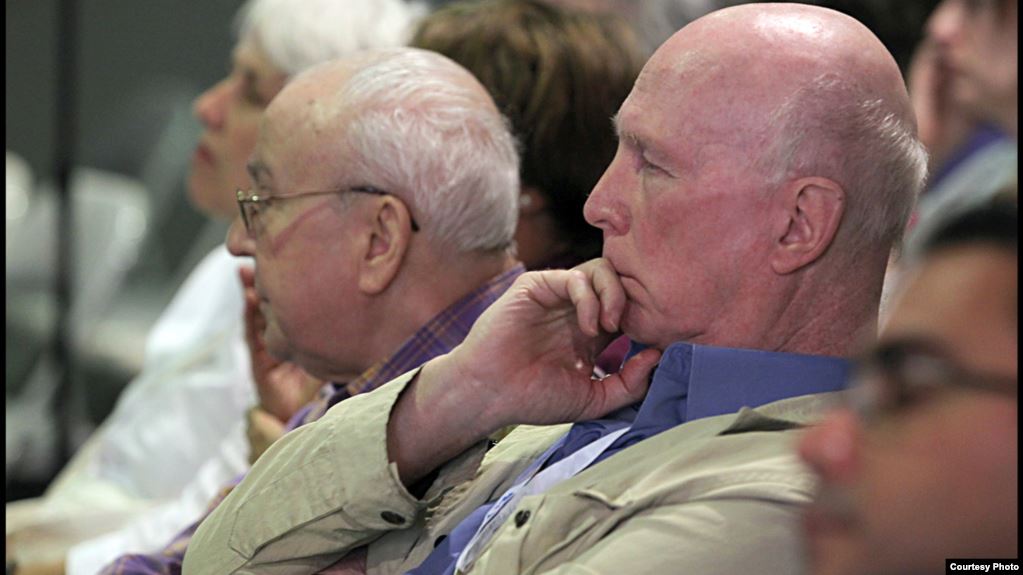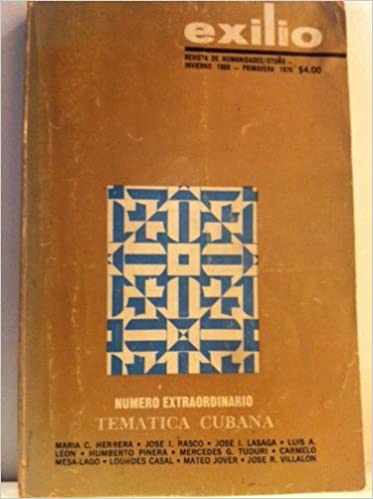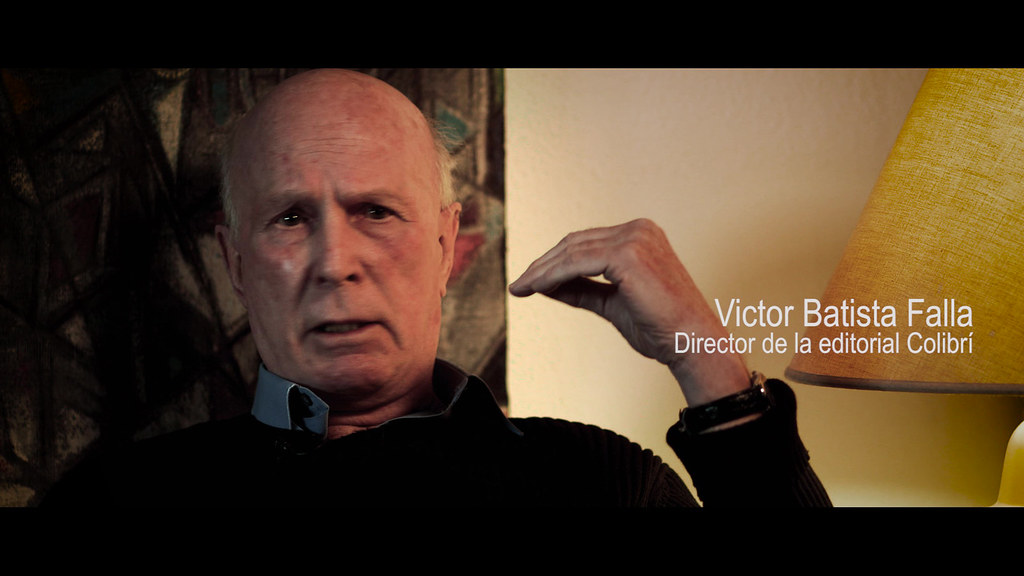
Courtesy Pedto Portal.
Tall, slim, with a well-toned figure despite living over eight decades. At 87, Victor Batista Falla invariably conveyed elegance, good humor, and intelligence. Throughout his life in exile, he was a generous contributor to Cuban exile literary projects, and a passionate lover of dance: ballet, modern dance, and flamenco.
As expressed by the Grand Duchy of Luxembourg’s Instagram account: “Victor Batista Falla was a renowned publisher and a principal sponsor of Cuban exile literature.” He was also the Grand Duchess Marie Thérèse’s only living uncle. Batista was born in 1933 into an aristocratic Cuban family. His father, Agustín Batista, a banker, was the founder of the Cuban Trust Company, the principal banking institution in the country at the time. From this privileged position, he sponsored music and academic endeavors; and also contributed to the establishment of Havana’s first private university in 1946: Saint Thomas of Villanueva Catholic University, where Victor and his younger brother, Laureano, attended classes. María Teresa Falla Bonet, his mother, had inherited her father’s, Laureano Falla, sugar empire. The brothers began to hold informal gatherings one Sunday per month to discuss ideas, some of Cuba’s most prestigious writers attended, among them essayist Jorge Mañach, and poets the likes of Gastón Baquero and Cintio Vitier.

Batista left Havana for New York in 1960. Shortly after that, he began sponsoring different literary endeavors. From the mid-twentieth century to early twenty-first, from New York and Washington to Miami and Madrid, diverse Cuban exile publishing projects turned into reality due to his unwavering support. Chief among them: Exilio Magazine, named after The Exile, the magazine Ezra Pound published between 1927 – 1928. It was Cuban exiles’ first art and literature magazine (New York, 1965 – 1974), it was a space where different art disciplines coalesced. Escandalar (New York, 1980 – 1985), a poetry magazine followed. After a 12-year hiatus, Batista returned to publishing with Editorial Colibri (1998 – 2013), focused on essays.

He left New York for Madrid, Spain, and in 60 years, had never stepped on Cuban soil again. Until quite recently: according to the Cuban publication ADV Cuba, he arrived at the island on March 6. Hospitalized for a week at the Pedro Kouri Tropical Medicine Institute suffering from COVID-19 complications, he passed away at the epidemiology studies center on Sunday, April 12.
Rather than suffering an agonizing death in the tropical Havana climate, I’d like to think of him rhythmically following dance steps into the next life.


TrackBack URL
http://www.latinaonthego.com/uncategorized/day-28-death-in-havana/trackback/